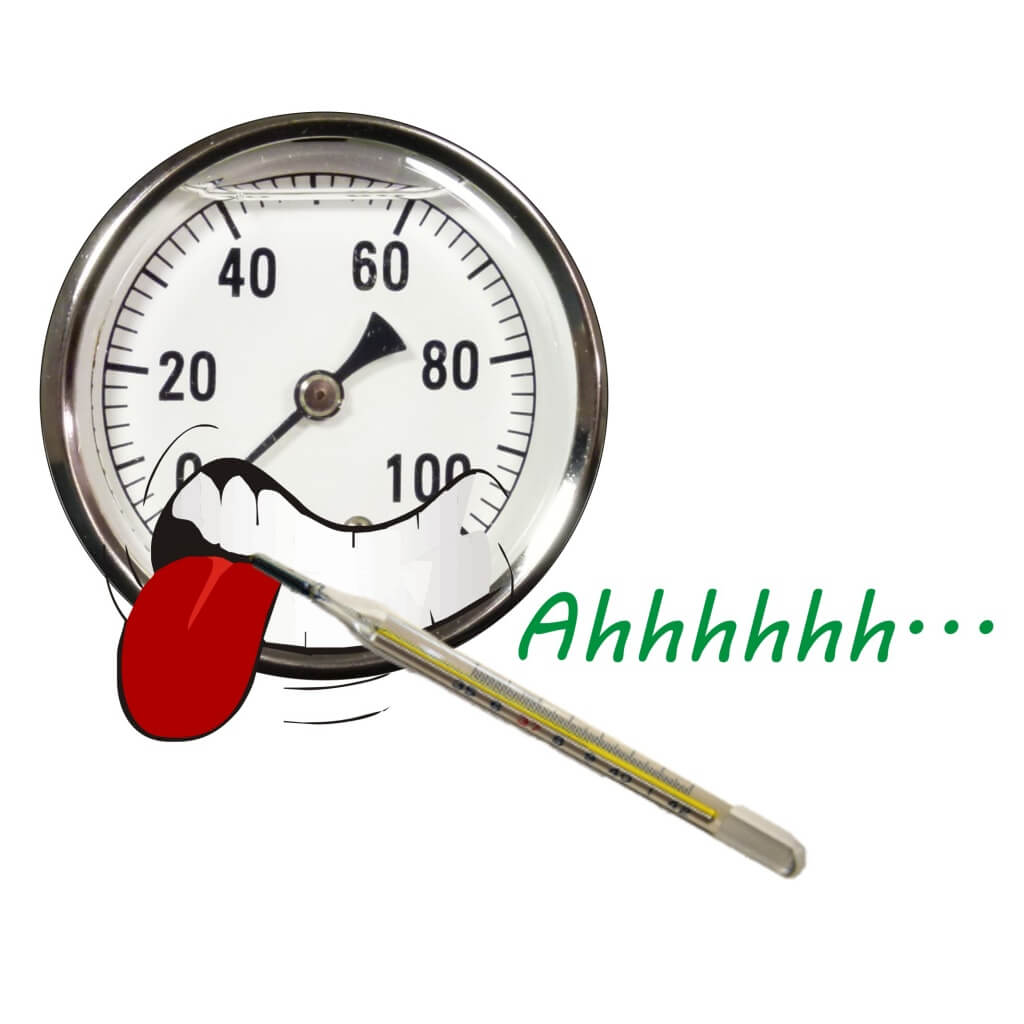
Sprayers101 recently received a couple of seemingly unrelated questions about airblast sprayers: What are the advantages and disadvantages of mechanical versus hydraulic agitation? Why would someone want a stainless tank versus the cheaper poly or fiberglass options? Recognizing that each manufacturer has their own reasons for the features and materials used in their sprayers, we […]


